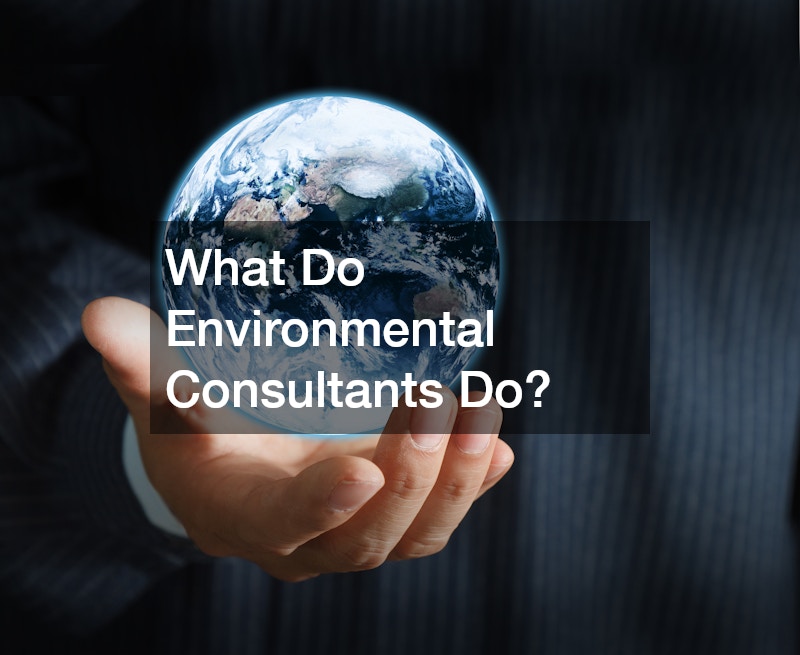Environmental consultants play a crucial role in ensuring that businesses, governments, and organizations adhere to environmental laws and regulations while also striving for sustainability in their operations. These professionals are pivotal in assessing, managing, and mitigating environmental risks associated with industrial and commercial projects. Here’s a detailed look at what environmental consultants do:
Assessing Environmental Impact
One of the primary responsibilities of environmental consultants is to assess the potential environmental impact of proposed projects or ongoing operations. This involves conducting detailed studies and preparing environmental impact assessments (EIA). These assessments help identify significant environmental effects and the measures needed to mitigate these impacts.
The goal is to ensure that development projects comply with environmental standards and cause minimal harm to the natural surroundings.
Regulatory Compliance and Permitting
Environmental consultants guide businesses in understanding and complying with complex environmental laws and regulations. They help organizations obtain necessary environmental permits from relevant authorities by preparing and submitting the required documentation. Consultants stay updated on changes in legislation and advise clients on how to adjust operations to meet these changes, thereby avoiding legal penalties and potential public relations issues associated with non-compliance.
Remediation and Contamination Management
In cases where land or water bodies are contaminated, environmental consultants develop and implement remediation strategies. They assess the extent of contamination through soil, water, and air tests and recommend the best techniques for cleanup and restoration. This may include bioremediation, chemical treatments, or physical removal of contaminants. Their work ensures that contaminated sites are restored to safe conditions and meet environmental safety standards.
Sustainability Consulting
With a growing focus on sustainable practices, many environmental consultants now also help companies develop strategies to reduce their carbon footprint, manage resource use more effectively, and implement green technologies. They might advise on renewable energy adoption, waste reduction, and water conservation techniques. This aspect of their work not only helps businesses become more environmentally friendly but can also lead to cost savings and improved public perception.
Risk Assessment and Management
Environmental consultants evaluate potential environmental risks associated with business activities and help develop risk management strategies. This involves predicting and mitigating risks associated with natural disasters, pollution, and other environmental hazards. Their expertise is crucial for businesses operating in sensitive or highly regulated environments.
Public Sector and Policy Development
Consultants often work with government agencies to develop environmental policies and strategies. They provide expert advice that shapes legislation and public programs aimed at protecting the environment. This can include anything from local recycling initiatives to national energy policies.
Training and Education
Finally, environmental consultants play a key role in educating their clients about environmental issues and best practices. This often includes training staff on compliance, sustainability, and safety practices related to the environment.
Watch the video above to learn more about what Wellfield consulting services do!.


